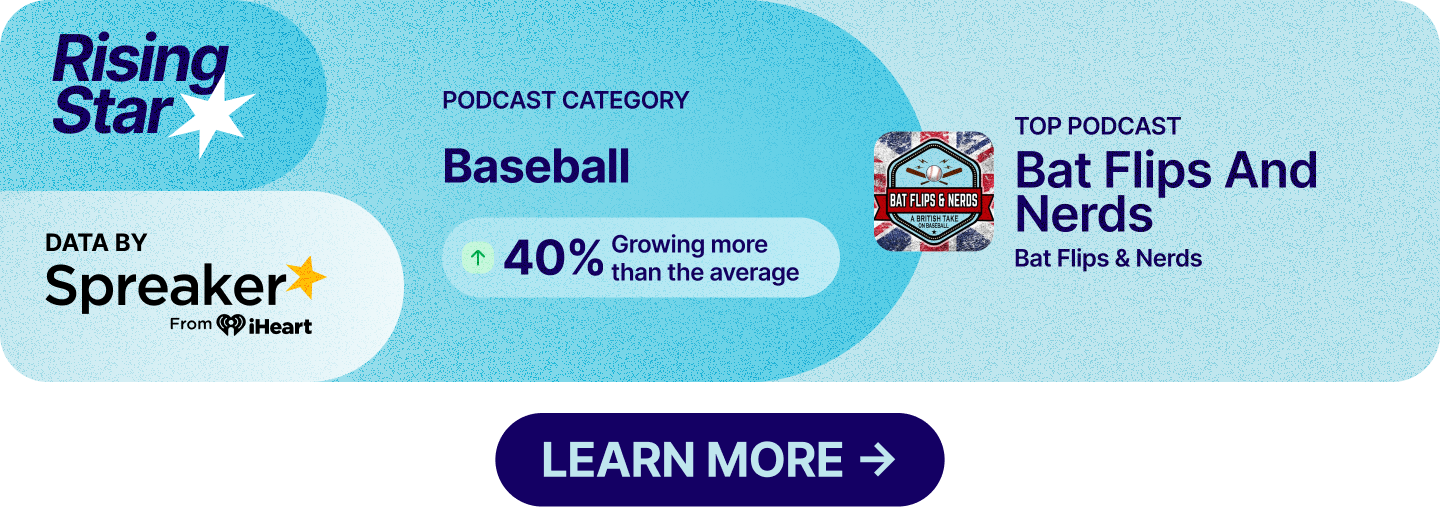Uncertainty over TikTok’s U.S. future splinters creators and agencies By Antoinette Siu
As a possible TikTok ban encroaches, creators of all stripes are looking to preserve their audiences and imagine a future without the platform. According to Digiday’s Antoinette Siu, not everyone is worried. In the ever-changing landscape of social media, creators have long diversified their reach by planting a flag on multiple platforms, and while the loss of TikTok will be a particular thorn in video creators’ sides, other platforms like Instagram and YouTube shorts have video options that could fill the gap. For podcasters that utilize TikTok to share clips and viral moments, the platform has been a way of grabbing new listeners and drawing them to hit play on the actual show, making a potential ban less dire than, for example, a small business owner who uses the platform’s shop to take orders and its algorithm to find a majority of their customer base. Podcasters’ base camp is the show itself, and there are still plenty of viable places on the internet to promote it.
Brian Morrissey’s 2025 Trendlines
In his newsletter, The Rebooting, Brian Morissey laid out his 2025 predictions for the media business. The biggest one is the decline of mass media and the rise of what he calls “The Information Space”: the nebulous melting pot of online content from various platforms that appeals to a variety of niches and social groups. Think Anthony Fantano’s music review YouTube channel, or Emily Sundberg’s business newsletter. Players in this space can put together content with a pace and specificity that competes with legacy media outlets like late night talk shows, allowing for a flexibility and speed that the old guard is struggling to match. Regarding podcasts, Morrissey predicts: “Podcasts will move from the fringe to the center as the most influential shows become media entities of their own. They’ll build out their own networks and operate from a position of power, even if they will continue to position themselves as the outsiders to mainstream media.”
Is the era of brand activism coming to an end? By Katie Hicks and Ryan Barwick
In anticipation of the incoming presidential administration’s policy on DEI and other activism initiatives, experts say that many brands are moving away from progressive messaging to entice customers. From right-wing boycotts of Bud Light after they collaborated with transgender influencer Dylan Mulvaney, to reports that customers no longer care if a brand’s values align with their own, brands are being encouraged to keep quiet on progressive issues in their marketing. According to a Gallup poll, only 38% of US adults believe businesses should take a public stance on current events. While some brands who have made progressive politics part of their identity, such as Ben and Jerry’s, have stated that they are refusing to back away from their messaging, political events such as the 2024 election often have large and rippling impacts on the marketing landscape.
What the rise of the niche and nano-creator means for influencer marketing By Kimeko McCoy
Marketing agencies are going small but mighty, according to Digiday, with many deciding that micro and nano-influencers that reach niche communities are giving a better ROI than large influencers. By advertising products directly to specific communities that are tightly knit, businesses are finding that customers respond better to influencer collaborations and are more likely to close out a sale. Podcasters are the ultimate niche influencers, with shows of every topic and point of view reaching millions of people every day. As brands look to connect with these groups, from True Crime fanatics to perfume enthusiasts, there’s no better bet than podcasts.
Spreaker more than doubles podcast numbers
Livewire Labs has released its top podcast hosting companies by episode share that looks at the number of new episodes published in a given period for a variety of hosts. After a share of only 5% in December of 2023, Spreaker published 13.5% of all new podcast episodes in December- an increase in share of 2.7x year-on-year and a new record for the platform. Spotify for Creators rose to 24.4%, taking the top spot with Spreaker below it and Buzzsprout coming in at number three with 6.5%. Megaphone has dropped to number four at 4.2%.
As for the rest of the news…
- YouTube is expanding the ability of the “Play Something” button on the Android app, choosing a random video from its library to play
- Triton Digital has expanded its Audio Insights page post-acquisition of Sounder
- Amanda McLoughlin of Multitude Podcasts shared insights from an Information article regarding podcast deals and advertising in 2024
- Sony Music has released Deadly Fortune, a new true crime podcast about Atlanta attorney Tex McIver














































































































































































































